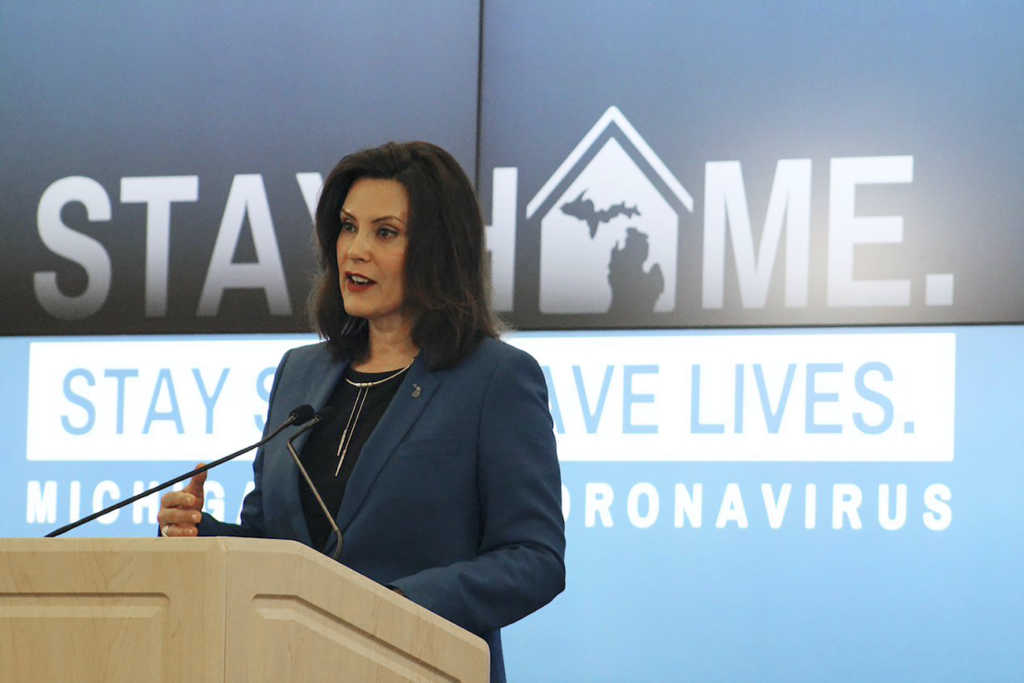Several Michigan businesses — and even one sheriff’s office — are flouting the twice-extended stay-at-home order from controversial Gov. Gretchen Whitmer.
Last week, the Democratic governor extended the state’s stay-at-home order until May 28. The coronavirus-induced restrictions were initially supposed to expire at the end of April, but were extended until May 15. Then, on Thursday, Whitmer extended the restrictions yet again, according to WDIV-TV.
Shiawassee County Sheriff Brian BeGole announced in a letter published Monday that his deputies would not be enforcing Whitmer’s stay-at-home order because the state legislature did not approve of her extension.
“In the meantime, the women and men of Shiawassee County Sheriff’s Office have taken an oath to uphold the Constitution of the United States of America and the Constitution of the State of Michigan,” BeGole wrote. “Through this period of uncertainty, I continue to remind myself that we derive our authority from the consent of the governed, the great people of Michigan.”
“Our goal is to ensure that everyone feels safe and is treated fairly,” he continued. “With limited resources, staffing and facilities, our priority focus will be on enforcing duly passed laws for the protection of Shiawassee County citizens.”
BeGole said his office “cannot and will not divert our primary resources and efforts towards enforcement of Governor Whitmer’s executive orders.”
It should be noted, too, a group of Michigan church leaders who had filed a lawsuit against Whitmer’s administration put the complaint on hold late last week after the governor provided an exemption for places of worship in her extended stay-at-home order, The Detroit News reported.
Though the order does not specifically allow religious services, it has exempted places of worship and their leaders from the penalties outlined in the ban on gatherings. People traveling to or from and attending religious services will not be penalized under the updated restrictions.
David Kallman, a lawyer with Great Lakes Justice Center, which was representing the church leaders, responded to Whitmer’s exemption, “Churches are essential to the health and wellbeing of everyone.”
“The governor now appears to recognize this fact and will not attempt to prohibit people of all religious faiths to meet and freely exercise their religious beliefs,” he continued. “Places of worship can operate responsibly and safely using CDC guidelines and protocols.”



